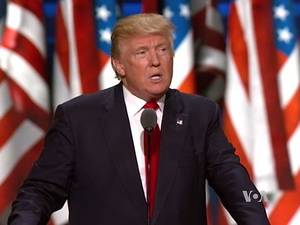You know what it looks like… but what is it called?
TAKE THE QUIZTrending: ‘prorogue’
Lookups spiked 12,000% on August 28, 2019
Searches for prorogue rose on August 28, 2019, after British Prime Minister Boris Johnson proposed a parliamentary procedure that would suspend the Parliament and effectively stop debate among elected officials on Brexit during a time when Britain does not yet have a trade agreement in place with the European Union. On the one hand, this could mean that there will not be enough time to avoid a "no deal" Brexit, but it could also mean that Johnson may try to use a shortened period of debate to force an agreement with Europe under the extra pressure. Limiting the role of the elected Parliament is being criticized as an anti-democratic move.
Jeremy Corbyn accuses Boris Johnson of carrying out a "smash and grab on our democracy" by asking the Queen to suspend Parliament
— BBC Politics (@BBCPolitics) August 28, 2019
The Labour leader says MPs will attempt legislation to stop the move
Latest: https://t.co/u3TmfwRBRj #Brexit #Prorogation pic.twitter.com/t7mj5XeEAz
Prorogue means "to terminate a session of (something, such as a British parliament) by royal prerogative" or "to suspend or end a legislative session."
Prorogue came to English from French in the 1400s; the French term came from the Latin word prorogare, meaning "to prolong" or "to defer." It ultimately derives from the combination of the Latin words pro- ("before") and rogare ("to ask").
Prorogation ends a session of Parliament until the beginning of the next session, which follows a ceremonial speech by the Queen. By contrast, when Parliament is dissolved, the session ends and an election takes place before it is reconvened.
Trend Watch is a data-driven report on words people are looking up at much higher search rates than normal. While most trends can be traced back to the news or popular culture, our focus is on the lookup data rather than the events themselves.








